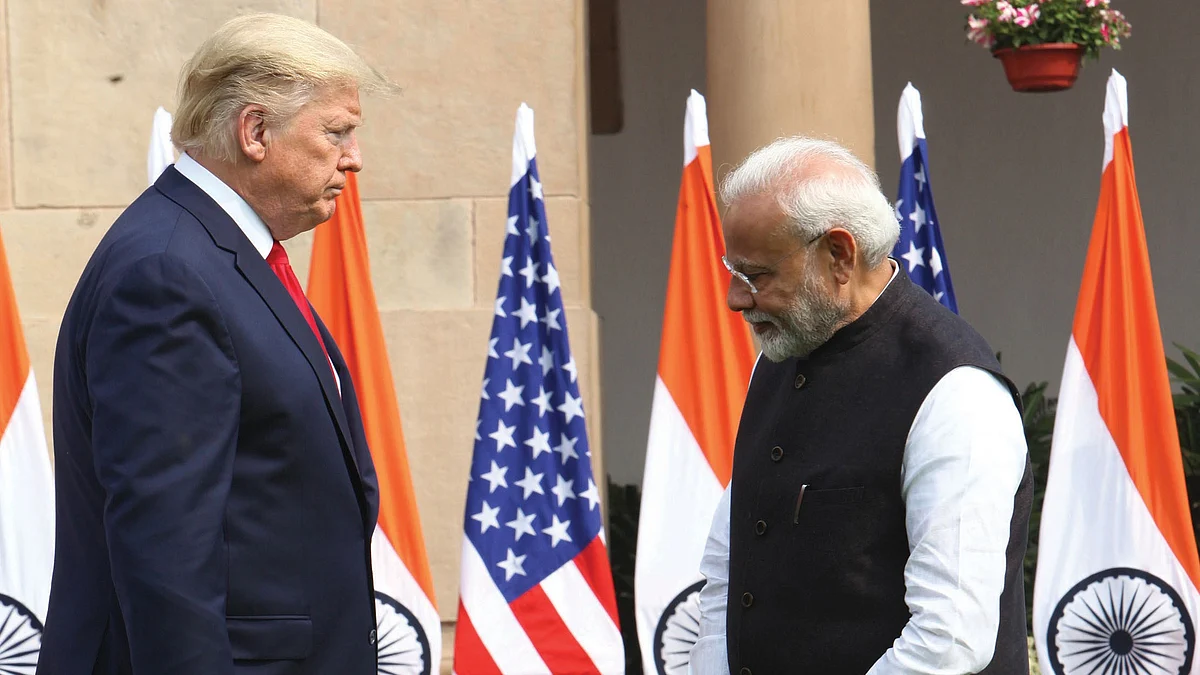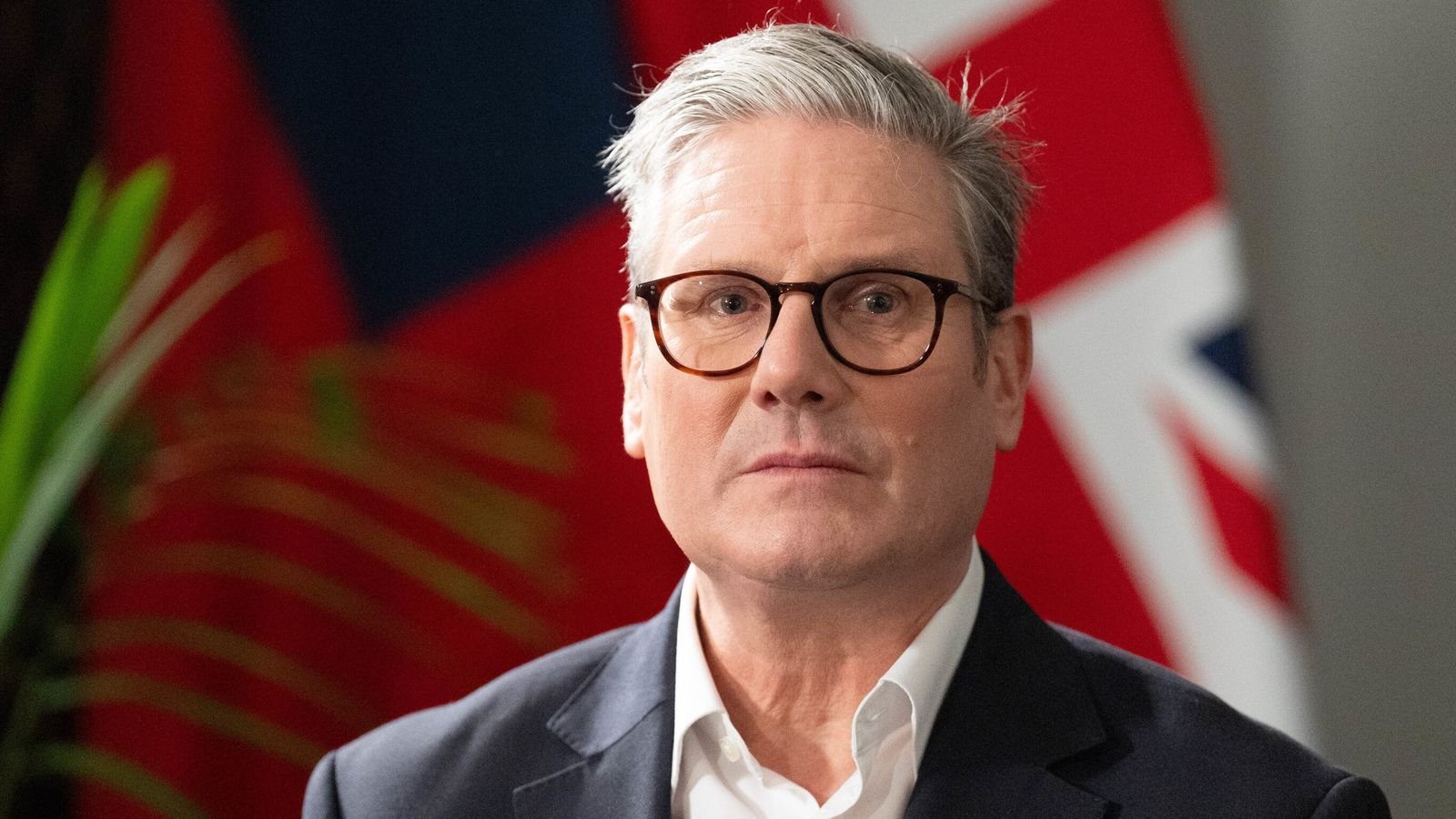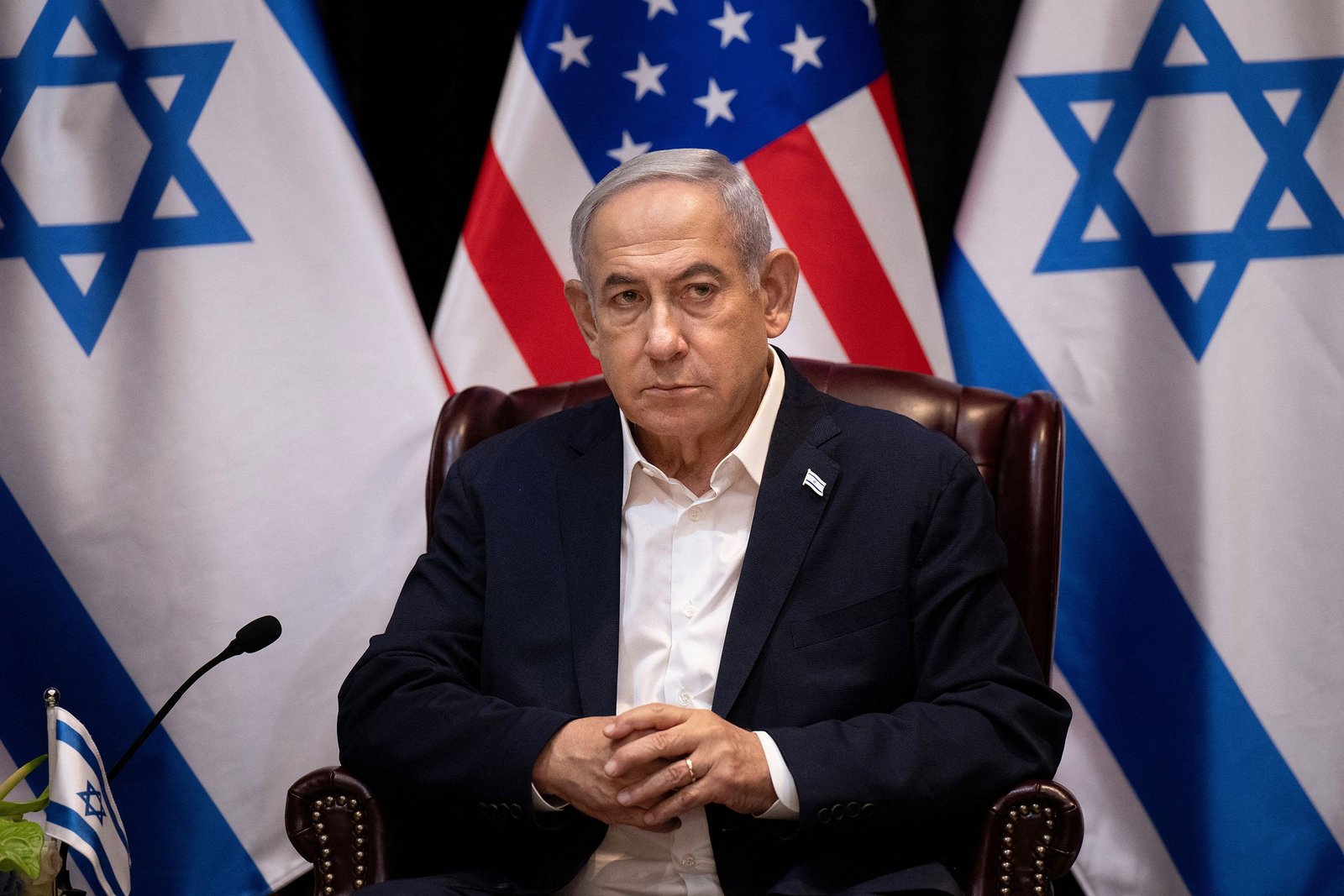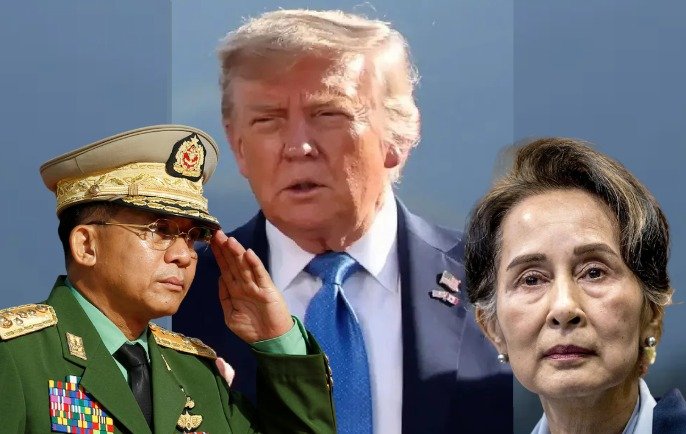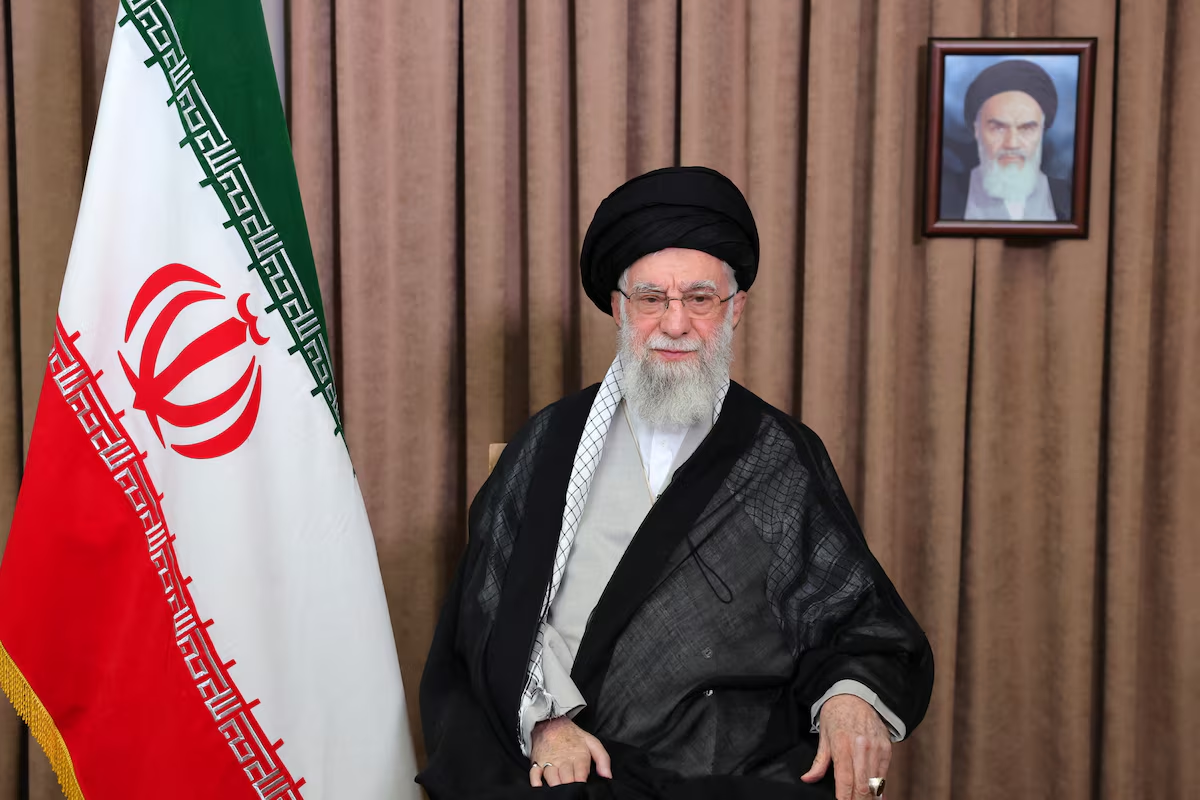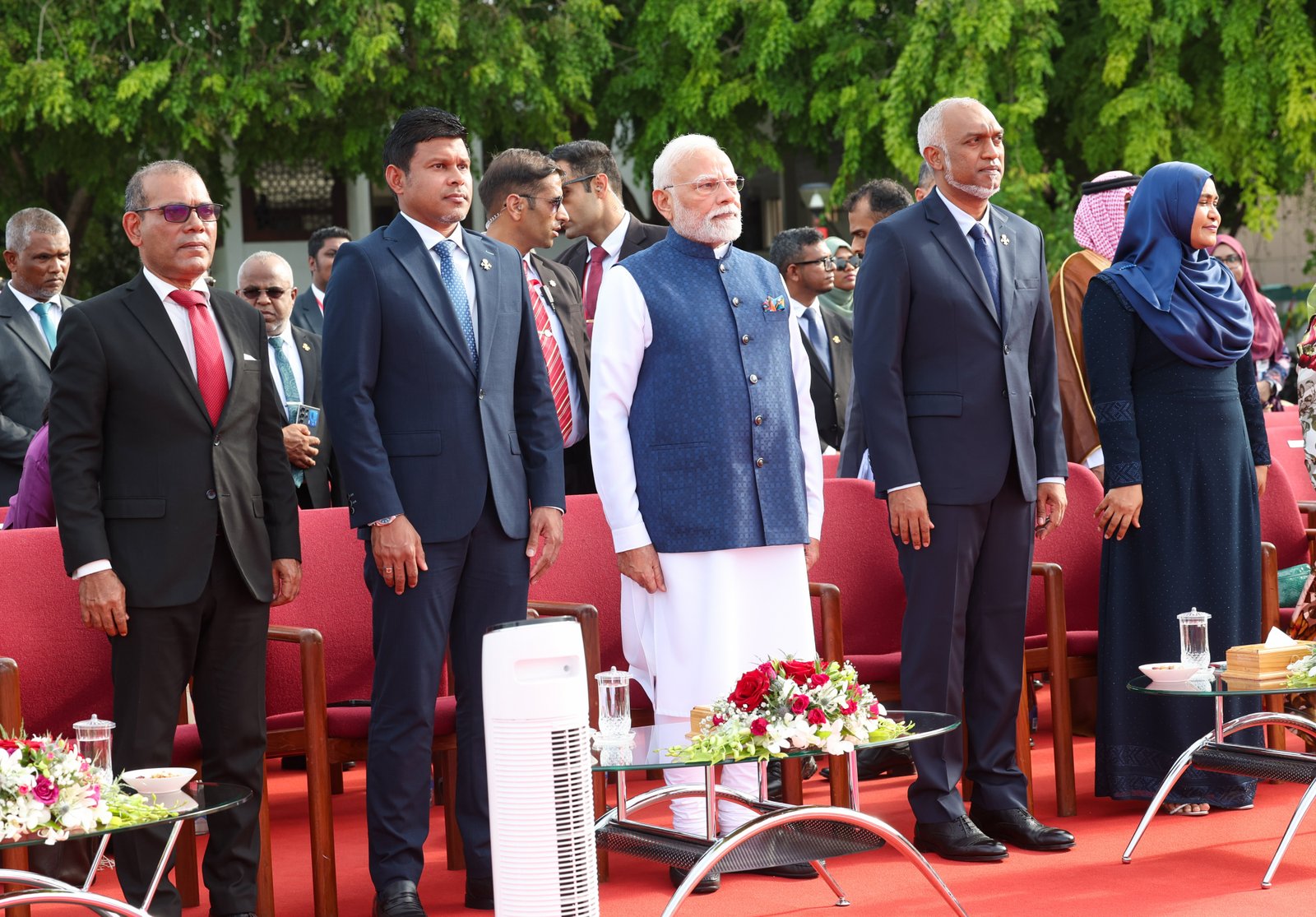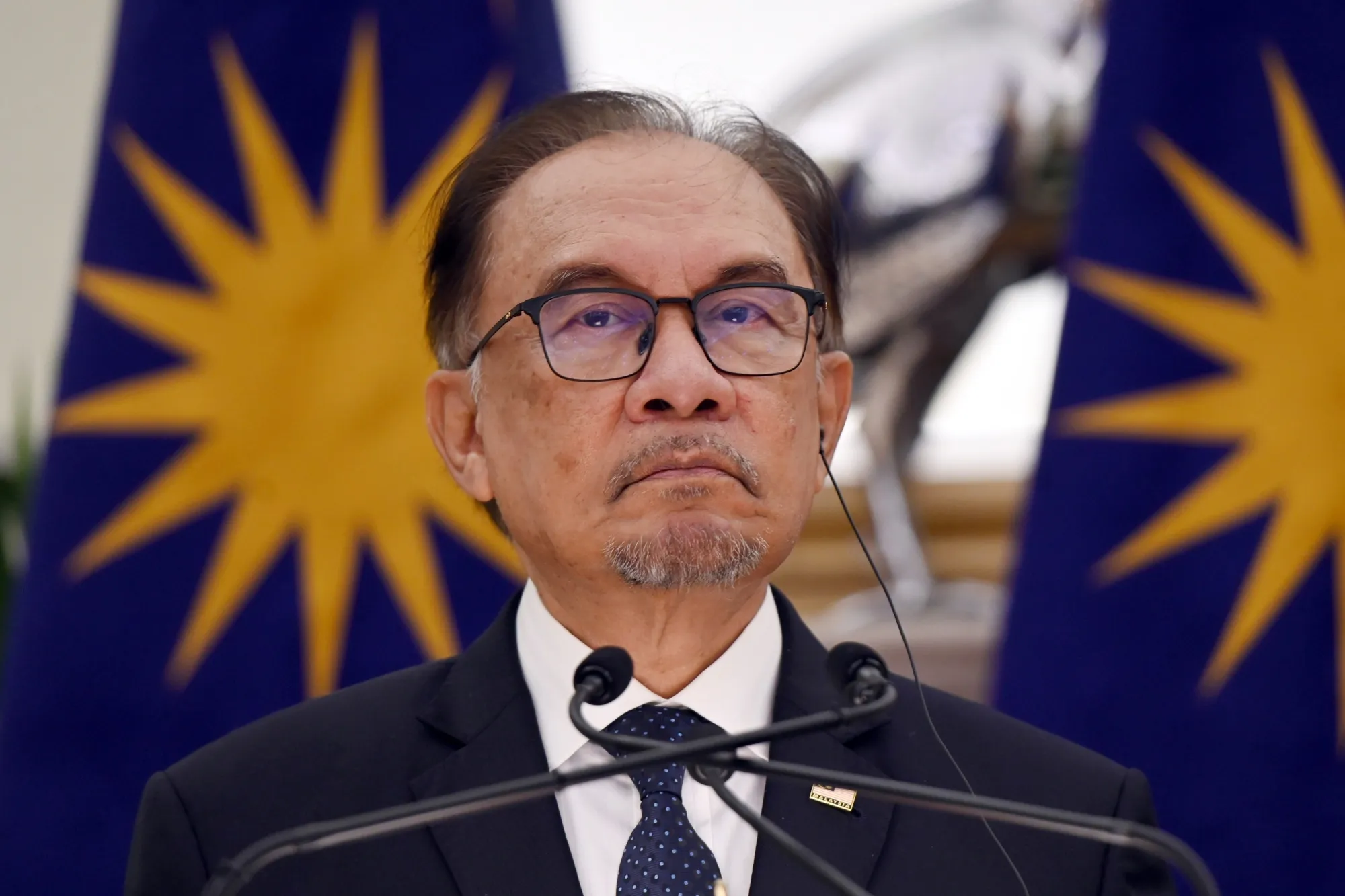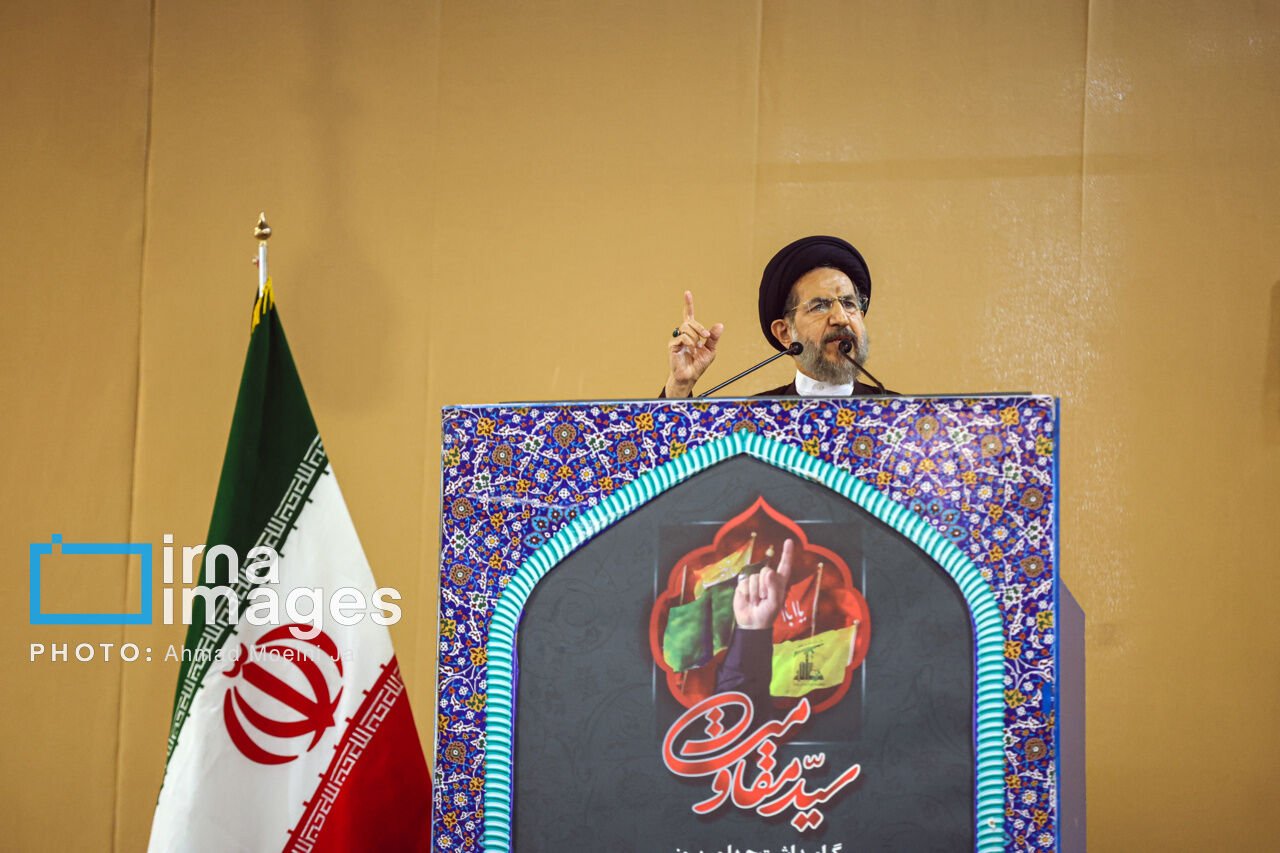President Donald Trump's Luncheon with Pakistani Army Chief Casts Shadow Over Washington-New Delhi Diplomatic Ties
[New Delhi, July 21, 2025] — Tensions have intensified in New Delhi's diplomatic circles following President Donald Trump's recent White House luncheon with Pakistan’s Chief of Army Staff General Asim Munir. Senior Indian officials have warned the U.S. administration that this move could have a negative impact on bilateral relations. At the same time, India is reportedly reevaluating its relationship with China as part of a broader strategic recalibration.
The luncheon, along with several recent developments, has cast a shadow over the traditionally strong India-U.S. relationship—especially in light of the Trump administration’s renewed threats to impose tariffs on India. While India remains a key trade and security partner in the U.S. Indo-Pacific strategy, analysts now worry that the future of the relationship is uncertain.
India has long accused Pakistan’s military of directly supporting cross-border terrorism. Against this backdrop, the White House’s invitation to General Munir has been viewed in New Delhi as a hostile signal.
Just weeks after a deadly incident in Kashmir, President Trump invited General Munir to a formal lunch at the White House—a gesture many interpret as a sign of growing closeness between Washington and Islamabad. Notably, this marks the first time a U.S. president has hosted a military leader—without any civilian leadership present—at the White House.
Following the Kashmir attack, Indian External Affairs Minister S. Jaishankar stated, “The targeted killing of Hindu tourists based on religious identity in Kashmir exposes the extremist religious mindset of Pakistan’s leadership.”
In response, Pakistan accused Prime Minister Modi of spreading religious extremism, claiming his brand of Hindutva ideology violates the rights of Muslim minorities. The Modi government has denied all such accusations.
On June 18, following the Trump-Munir meeting, both the Indian Prime Minister’s Office and the National Security Advisor’s office made formal protest calls to their American counterparts.
One senior Indian official remarked, “Cross-border terrorism is a red line for India. If President Trump fails to understand that, the relationship will suffer.”
Pakistan has long received military aid from the U.S. under its designation as a “major non-NATO ally.” According to Islamabad, the Munir-Trump meeting focused on counterterrorism cooperation and strengthening bilateral ties. However, top-level Indian officials fear that American weapons could eventually be used against India.
In June, following the G7 summit in Canada, Prime Minister Modi declined Trump’s invitation to visit Washington. Furthermore, India has proposed retaliatory tariffs against the U.S. at the World Trade Organization—highlighting a breakdown in trade negotiations.
Despite its historically tense relationship with China, New Delhi is now signaling an interest in normalizing ties with Beijing, especially due to growing uncertainty surrounding Trump’s China policy.
Christopher, a professor at the University at Albany in New York, commented, “With such an unpredictable dealmaker in the White House, Delhi is increasingly concerned about potential backdoor U.S.-China accommodations.”


